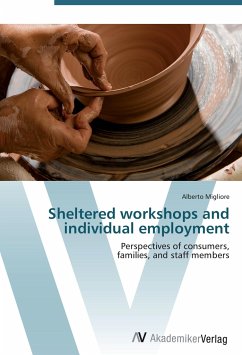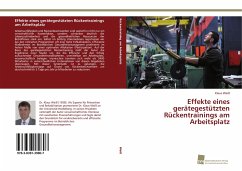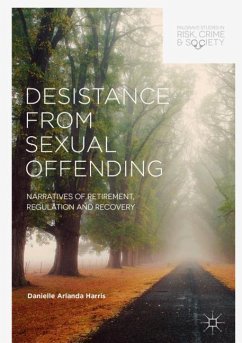
Heidegger and the Politics of Disablement

PAYBACK Punkte
19 °P sammeln!
This book presents the early existential phenomenology of Martin Heidegger as a way to reformulate academic disability studies and activist disability politics. It redresses the almost categorical neglect of human difference in the philosophy of Heidegger. It proceeds by applying a revised version of his phenomenology to social policy aimed to get disabled persons to work and to methods in rehabilitation science intended to be more 'client friendly'. Phenomenological philosophy is extended to the topic of disability, while, at the same time, two key concerns facing disability studies are addre...
This book presents the early existential phenomenology of Martin Heidegger as a way to reformulate academic disability studies and activist disability politics. It redresses the almost categorical neglect of human difference in the philosophy of Heidegger. It proceeds by applying a revised version of his phenomenology to social policy aimed to get disabled persons to work and to methods in rehabilitation science intended to be more 'client friendly'. Phenomenological philosophy is extended to the topic of disability, while, at the same time, two key concerns facing disability studies are addressed: the roles of capitalism in disablement, and of medical practice in the lives of disabled persons.
By reframing disability as a lived way of being in the world, rather than bodily malfunction, the book asks how we might rethink medicine and capitalism in democratic ways. It aims to transform Heidegger's work in light of his troubling politics to produce a democratic social theory ofhuman difference.
By reframing disability as a lived way of being in the world, rather than bodily malfunction, the book asks how we might rethink medicine and capitalism in democratic ways. It aims to transform Heidegger's work in light of his troubling politics to produce a democratic social theory ofhuman difference.














